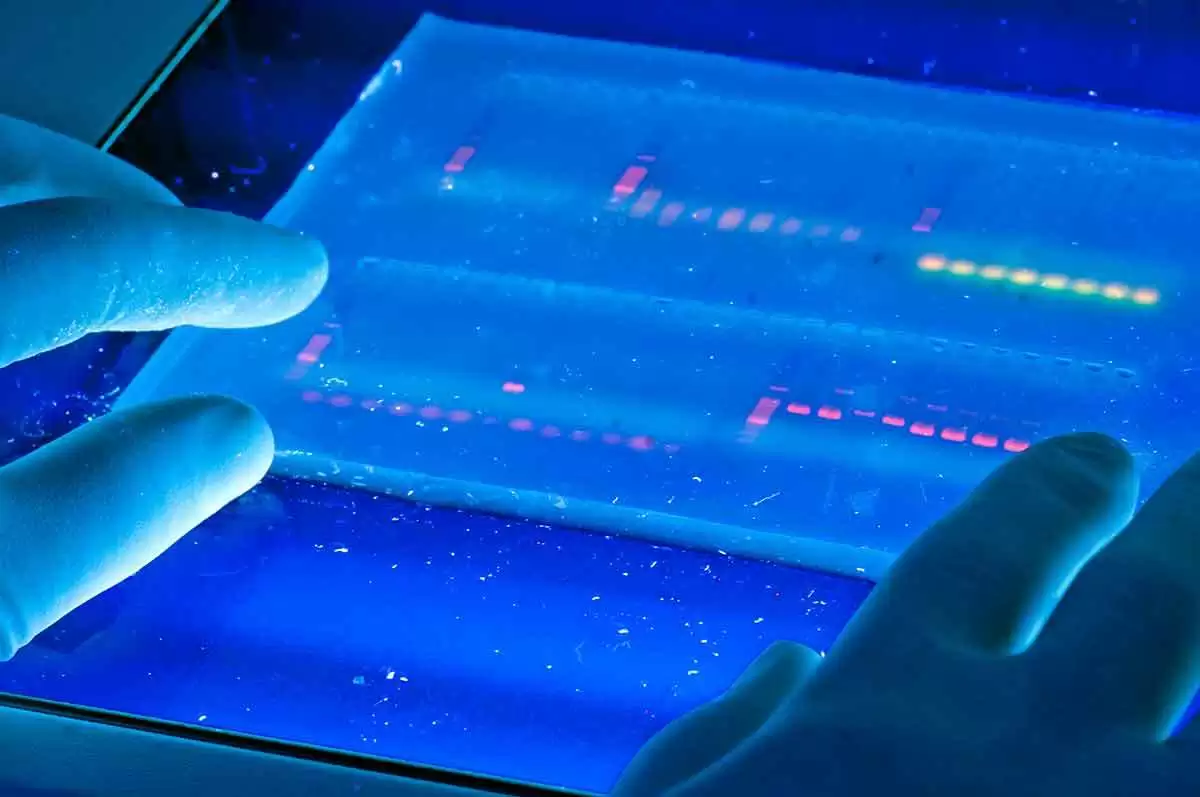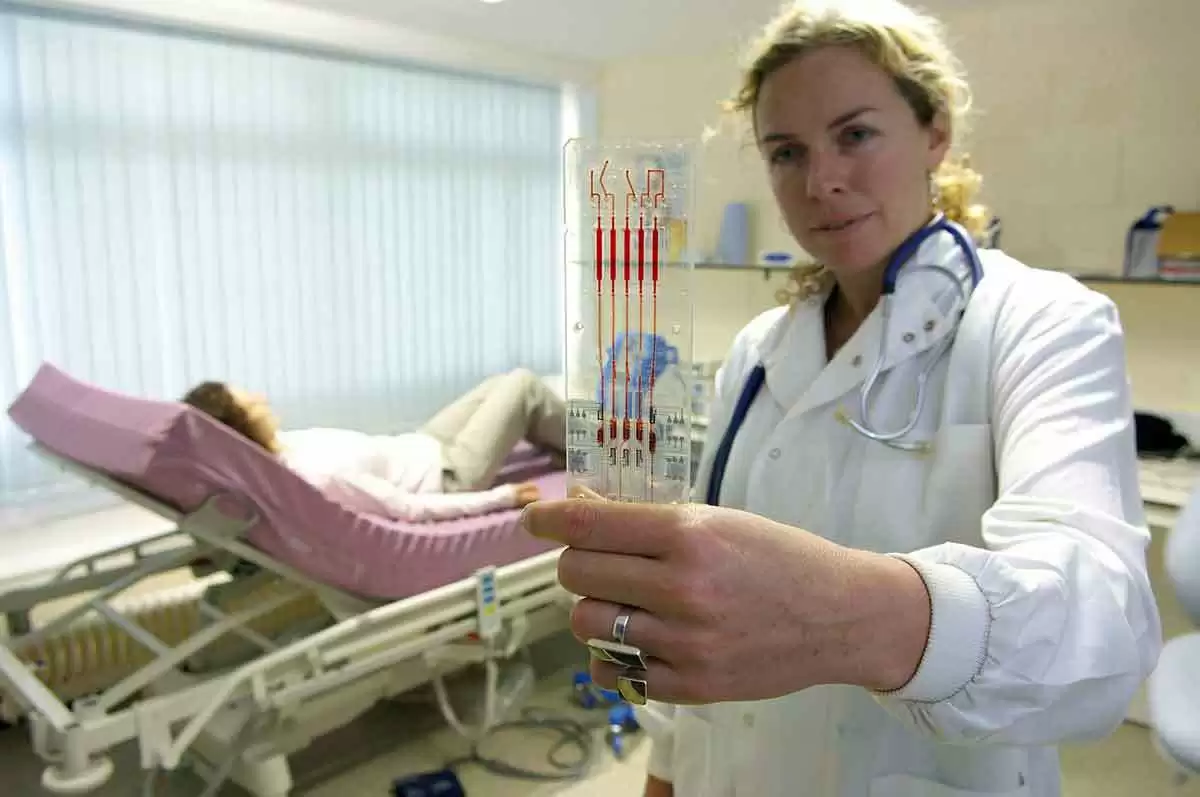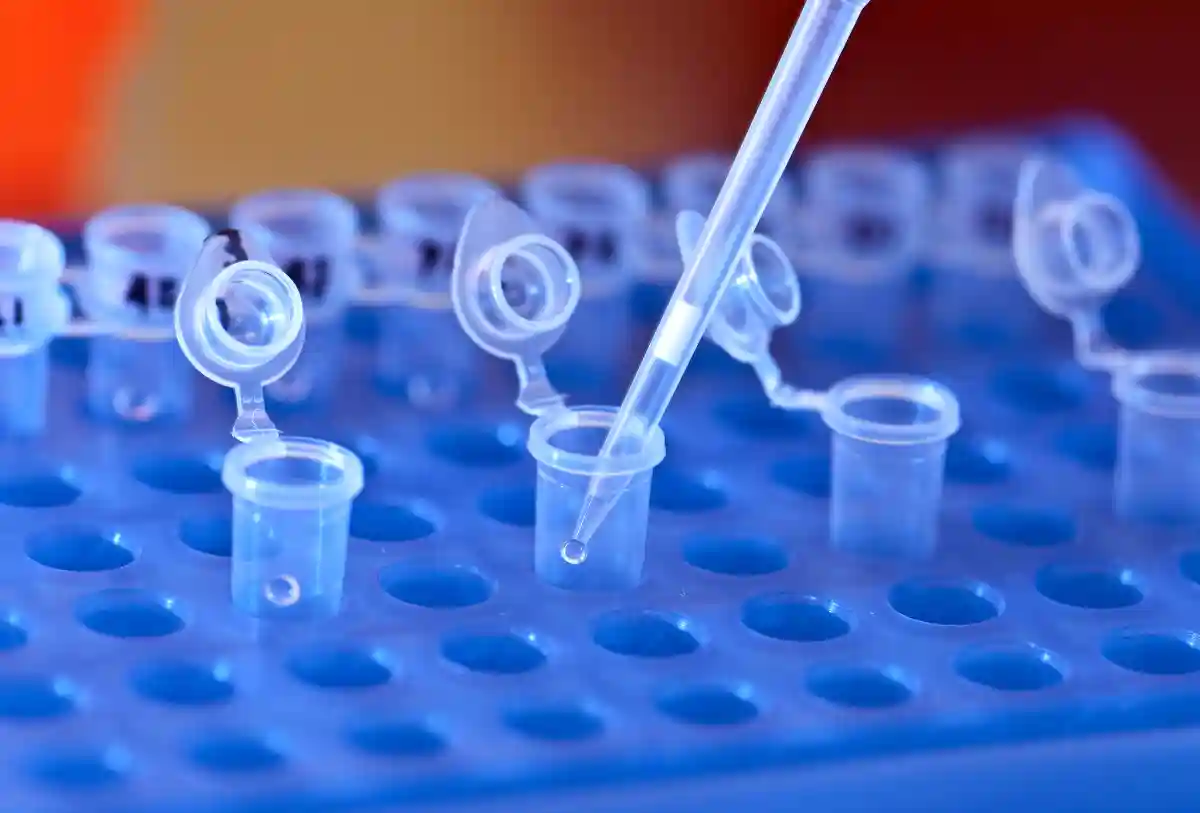Celiac.com 07/14/2025 - Celiac disease is an autoimmune disorder where the immune system attacks the small intestine in response to gluten, a protein found in wheat, barley, and rye. While genetics play a major role in celiac disease, only about half of the genetic risk factors are currently understood. This study aimed to uncover new genetic variants linked to celiac disease by analyzing DNA from over 52,000 adults, including both previously diagnosed patients and newly identified cases through screening.
The research team discovered 15 new genetic variants associated with celiac disease, with one of the strongest signals coming from a region on chromosome 5 (5p15.33). This region is also linked to rheumatoid arthritis, suggesting a possible shared genetic pathway between autoimmune diseases.
How the Study Was Conducted
Celiac.com Sponsor (A12):
Participant Screening and Diagnosis
The study used data from a large health survey in Norway, where adults were screened for celiac disease using blood tests that detect antibodies against an enzyme called transglutaminase 2 (TG2). Those who tested positive underwent further testing, including small intestine biopsies, to confirm the diagnosis.
This approach helped identify 465 previously undiagnosed cases in addition to 361 known celiac patients, reducing the risk of misclassification that could skew genetic findings.
Genetic Analysis
Researchers analyzed DNA samples using advanced genetic testing methods, examining nearly 25 million genetic variants across the genome. They compared the genetic profiles of celiac patients with those of healthy individuals to pinpoint differences that might contribute to disease risk.
Key Findings
New Genetic Variants Discovered
The study identified 15 previously unknown genetic variants linked to celiac disease. The most notable was in a region called 5p15.33, which contains a long non-coding RNA gene (LINC01019). While the exact function of this gene in celiac disease is unclear, the same region has been associated with rheumatoid arthritis, hinting at a possible shared autoimmune mechanism.
Other newly discovered variants were found near genes involved in:
- Immune cell signaling
- Intestinal barrier function
- Brain and nervous system activity
Interestingly, some of these genes are active not just in the gut but also in the brain, which might explain why some celiac patients experience neurological symptoms like brain fog or fatigue.
Confirmation of Known Genetic Risks
The study also confirmed 41 previously known genetic risk factors for celiac disease, though some appeared less significant in this population. This could be due to differences in genetic backgrounds or the study’s focus on including undiagnosed cases.
Why These Findings Matter for Celiac Disease
Better Understanding of Disease Development
Since only about 3% of people with the main genetic risk markers (HLA-DQ2/DQ8) actually develop celiac disease, these newly discovered variants may help explain why some individuals are more susceptible than others.
Potential for Improved Diagnosis and Treatment
Identifying new genetic links could lead to:
- More accurate screening tests to predict celiac risk.
- New drug targets that could modify immune responses in celiac disease.
- Insights into shared autoimmune pathways, possibly benefiting research on related conditions like rheumatoid arthritis or type 1 diabetes.
Explaining Non-Gut Symptoms
The discovery of genetic variants active in the brain and nervous system supports the idea that celiac disease can affect more than just digestion. This could lead to better recognition and management of neurological symptoms in patients.
Limitations and Future Research
While this study provides valuable insights, it has some limitations:
- The participants were mostly of European ancestry, so findings may not apply to all populations.
- The research did not include children, who often develop celiac disease earlier in life.
- Some genetic signals need further validation to confirm their role in celiac disease.
Future studies should explore:
- How these genetic variants influence immune function.
- Whether they can be used to predict disease progression.
- Possible connections to other autoimmune disorders.
Conclusion: What This Means for People with Celiac Disease
This study significantly advances our understanding of the genetic basis of celiac disease, uncovering new risk factors that could explain why some people develop the condition while others do not. By including undiagnosed cases, the research provides a more complete picture of celiac genetics than previous studies.
For those living with celiac disease, these findings offer hope for:
- Better diagnostic tools to catch the disease earlier.
- Personalized treatments based on genetic risk.
- Deeper insights into how celiac disease affects the whole body, not just the gut.
While more research is needed, this study brings us closer to unraveling the full genetic story behind celiac disease—and potentially improving lives for millions affected by it.
Read more at: nature.com











Recommended Comments
Create an account or sign in to comment
You need to be a member in order to leave a comment
Create an account
Sign up for a new account in our community. It's easy!
Register a new accountSign in
Already have an account? Sign in here.
Sign In Now